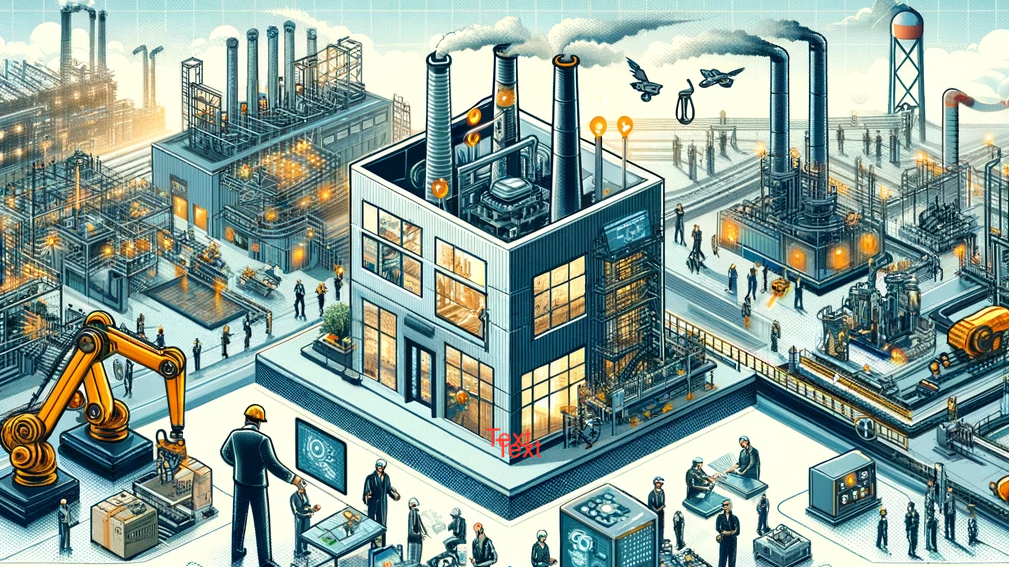In the ever-evolving landscape of the industrial sector, operational continuity is not just a goal; it’s a necessity. This blog post explores the critical importance of operational continuity services in the industrial industry, targeting professionals who play a pivotal role in maintaining seamless operations.
The Backbone of Industry: Operational Continuity
Operational continuity is the lifeline of the industrial sector. It ensures that production lines keep moving, supply chains remain unbroken, and customer commitments are met. This is particularly crucial in times of unforeseen disruptions, such as the COVID-19 pandemic, which has significantly impacted service industries, including manufacturing and supply chain operations [1]. The ability to adapt and maintain operations during such times is what sets apart successful industrial enterprises.
The Role of Technology in Operational Continuity
The integration of technology in operational continuity cannot be overstated. From automated systems to smart IoT solutions, technology plays a crucial role in ensuring that industrial operations are efficient, resilient, and adaptable. For instance, the use of telecommuting in industries like pharmacy has shown how businesses can assure continuity and address social distancing needs during the pandemic [5]. Similarly, in the industrial sector, leveraging technology ensures not just continuity but also a competitive edge.
Human Factor: The Unsung Heroes
While technology is a critical component, the human element remains irreplaceable. Skilled professionals, from engineers to supply chain managers, are the ones who drive these technologies and make strategic decisions that ensure operational continuity. Their expertise and experience are what breathe life into the technological frameworks and systems in place.
Preparing for the Future: Adaptability and Resilience
The future of the industrial sector will be defined by its ability to adapt and be resilient. This means not only having robust systems in place but also a culture that embraces change and innovation. Training and development of personnel, along with investment in cutting-edge technologies, will be key in preparing for any future challenges that may arise.
Key Takeaways
- Operational continuity is crucial for the success of the industrial sector.
- Technology, such as automation and IoT, plays a vital role in ensuring operational resilience.
- The expertise of industry professionals is indispensable in driving operational continuity.
- Future preparedness involves adaptability and resilience, both in technology and workforce.
Contact Us
Discover how Praxis Factor can enhance your operational continuity with our range of services. Visit our Industrial Industry Page for more information.
Sources
- Challenges of COVID-19 Control Policies for Sustainable Industries
- Manufacturing and Service Supply Chain Resilience to COVID-19
- Mobbing–A Work Related Risk Factor of Service-Based Society?
- Demand and Supply-Based Operating Modes in Health Care Service Production
- Leveraging Telecommuting Pharmacists in the Post-COVID-19 World





